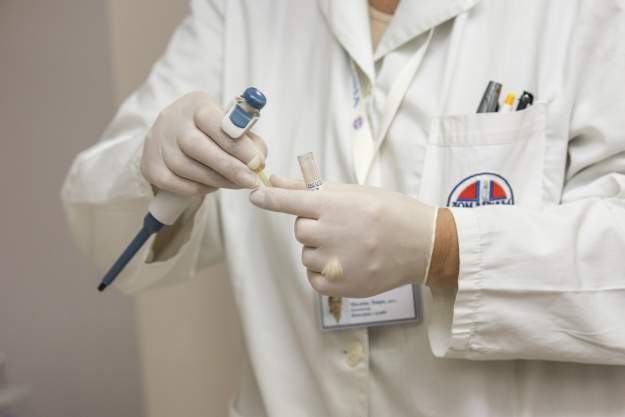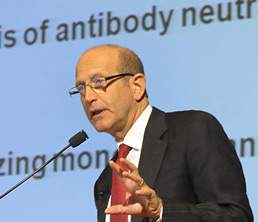Image via Pexels
Scientists have created a new antibody that not only recognizes and fights 99% of HIV strains, but early tests are also showing its ability to prevent infection.
This new antibody is the work of both the US National Institutes of Health and the pharmaceutical company Sanofi.
Together, the two groups have released the results of a study they’ve been conducting with the antibody.
To understand the way the antibody works you have to first understand that the real problem for treating HIV is.
HIV is ever changing. HIV’s composition can change and mutate constantly and these varying HIV “strains” makes it hard to combat the disease. If you target one strain, there will be an insurmountable amount of varying strains still standing in its place.
That said, throughout the decades there have been cases of people naturally developing what’s called “broadly neutralizing antibodies” that are able to kill several different kinds of HIV strains.
Scientists from both the US National Institutes of Health and the company Sanofi have combined samples of these anitbodies into what they call the “tri-specific antibody” and have developed it to attack three critical parts of the virus.
Scientists and researchers around the globe are celebrating the discovery and praising those involved.
Dr. Gary Nabel / Image via Nih Record
Prof Linda-Gail Bekker, the president of the International Aids Society, told the BBC News:
"This paper reports an exciting breakthrough.”
"These super-engineered antibodies seem to go beyond the natural and could have more applications than we have imagined to date.”
"It's early days yet, and as a scientist I look forward to seeing the first trials get off the ground in 2018.”
"As a doctor in Africa, I feel the urgency to confirm these findings in humans as soon as possible."
In addition, Dr Gary Nabel, the chief scientific officer for Sanofi, also spoke to BBC about the antibody, "They are more potent and have greater breadth than any single naturally occurring antibody that's been discovered."
"We're getting 99% coverage, and getting coverage at very low concentrations of the antibody," said Dr Nabel.
The bulk of the earlier study was administered on 24 monkeys, with none of the ones who received the tri-specific antibodies getting infected with HIV, but now that that study was a success clinical studies on humans can commence sometime next year.


